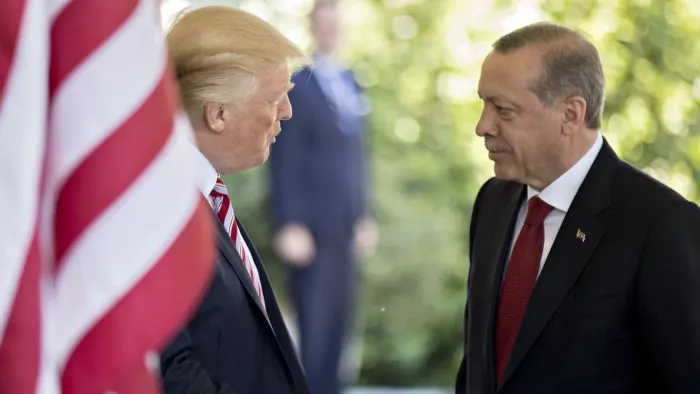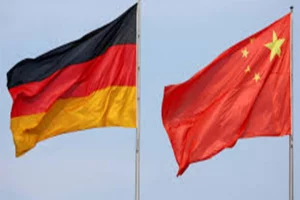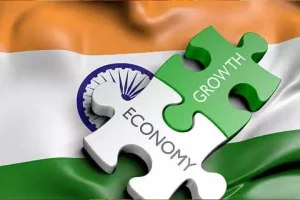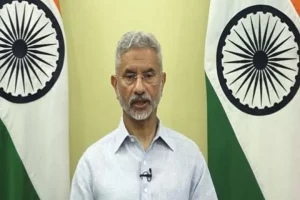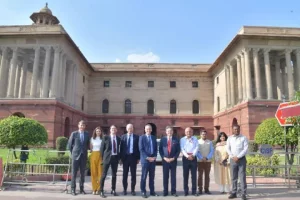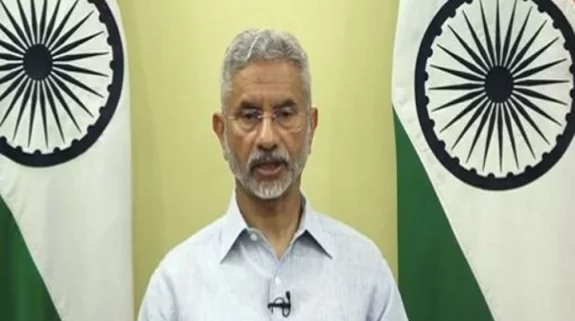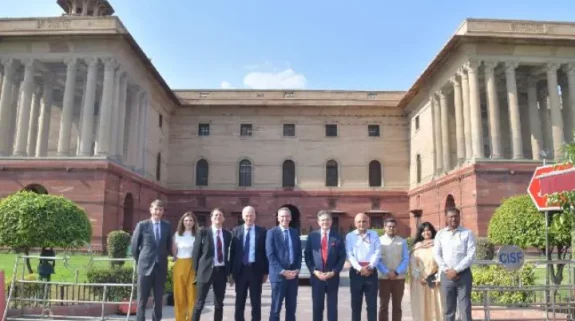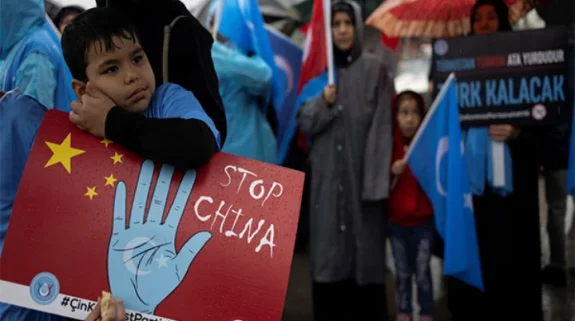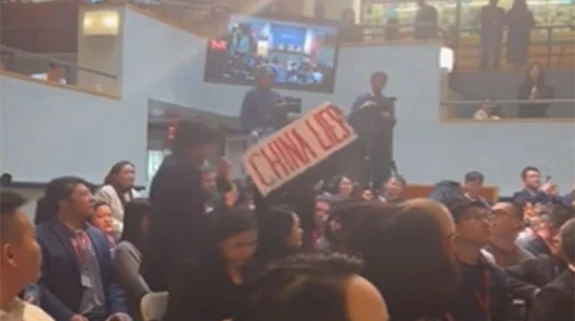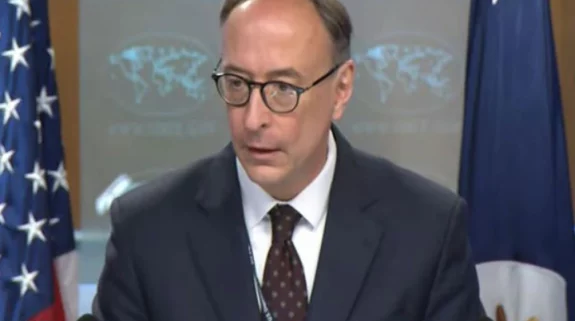The United States imposing sanctions on Turkey, a country it has called a "key" NATO Ally and "critical" regional partner in the past, for purchasing and testing the S-400 surface-to-air missile system from Russia has come as a huge relief to many in the European continent who have been bearing the brunt of Turkish President Recep Tayyip Erdogan’s expansionist agenda.
The sanctions have been issued under the Section 231 of the Countering America’s Adversaries Through Sanctions Act (CAATSA) enacted on August 2, 2017 that states action against any country engaging in a significant transaction with a person that is part of, or operates for or on behalf of, the defense or intelligence sectors of the Government of the Russian Federation.
It targets Turkey’s primary defense procurement entity, Presidency of Defense Industries (SSB), for knowingly engaging in a "significant transaction" (a $2.5 billion contract) with Rosoboronexport (ROE), Russia’s main arms export entity, by procuring the S-400 system. "The United States made clear to Turkey at the highest levels and on numerous occasions that its purchase of the S-400 system would endanger the security of US military technology and personnel and provide substantial funds to Russia’s defense sector, as well as Russian access to the Turkish armed forces and defense industry.
Turkey nevertheless decided to move ahead with the procurement and testing of the S-400, despite the availability of alternative, NATO-interoperable systems to meet its defense requirements. This decision resulted in Turkey’s suspension and pending removal from the global F-35 Joint Strike Fighter partnership," US Secretary of State Mike Pompeo said in a statement. Despite our warnings, Turkey moved ahead with its purchase and testing of the S-400 system from Russia.
Today’s sanctions on Turkey's SSB demonstrates the U.S. will fully implement. We will not tolerate significant transactions with Russia's defense sector “Today’s action sends a clear signal that the United States will fully implement CAATSA Section 231 and will not tolerate significant transactions with Russia’s defense and intelligence sectors. I also urge Turkey to resolve the S-400 problem immediately in coordination with the United States. Turkey is a valued Ally and an important regional security partner for the United States, and we seek to continue our decades-long history of productive defense-sector cooperation by removing the obstacle of Turkey’s S-400 possession as soon as possible," Pompeo added.
The sanctions imposed by the US on SSB include a prohibition on granting specific US export licenses and authorizations for any goods or technology transferred to SSB; a prohibition on loans or credits by US financial institutions to SSB totaling more than $10 million in any 12-month period; a ban on US Export-Import Bank assistance for exports to SSB; a requirement for the United States to oppose loans benefitting SSB by international financial institutions; and imposition of full blocking sanctions and visa restrictions on top officials of Turkey's premier defence body.
Washington has insisted that the Kremlin’s foreign arms trade provides Russia with funds it uses to pay for the weapons with which it postures against the United States and its allies. "This arms trade also helps Russia create relationships with foreign clients that it thereafter uses and manipulates for strategic advantage," says Christopher Ford, US Assistant Secretary of State for International Security and Non-Proliferation.
As Pompeo mentioned, Trump administration cannot "endanger the security of US military technology" by selling fifth-generation F-35 stealth fighter jets to Ankara which also has a massive partnership with the Russians through the S-400 deal. The US had in September 2018 also sanctioned China’s Equipment Development Department (EDD) for Russia’s transfer to China of SU-35 combat aircraft and S-400 surface-to-air missile system-related equipment.
Turkey, which has been for its involvement in conflict zones from the South Caucasus to Syria, has said that the US sanctions will "negatively impact" relations between the NATO allies.
After the US, Turkey has the second-largest military force in NATO and has repeatedly called itself as one of the "most powerful countries" in the 30-country alliance. "The decision by the United States to sanction Turkey over its purchase of the S400 system is unreasonable and serves no purpose. Unreasonable because Turkey’s purchase of the S400 never posed a threat to other systems produced jointly with NATO allies, nor did it undermine Turkey’s commitment to NATO. Serves no purpose because just as NATO is at a juncture of trying to find more cohesiveness among its allies as it faces new global security challenges, the attempt to undermine a NATO ally’s national defence industry goes against all reason," tweeted Gulnur Aybet, Senior Advisor to Erdogan.
Pakistani pilots fly Turkish F-16s Some allies, who until last weekend were quite unhappy over European leaders deciding to postpone their discussion on taking harsher steps against Turkey until March 2021, are heaving a sigh of relief though. Greece, a victim of Turkey's aggression in the Eastern Mediterranean, said it "observed with satisfaction" the US decision to sanction Turkey.
Meanwhile, the US sanctions on Turkey may be a cause for concern to New Delhi as well. India had in October 2016 signed a $5.4-billion agreement with Russia for the supply of S-400 Triumph Air Defence Missile systems and the first delivery from Moscow is expected in less than 12 months from now. While the Indian government is making all efforts to encourage greater manufacturing of defence equipment in the country through the ‘Make in India’ framework, several licensed production agreements have been implemented with Russian companies in India — such as for Sukhoi-30 aircraft, T-90 tanks, BMP-2 armoured personnel carriers and helicopter engineering — through transfer of technology arrangements.
No wonder then that in such a fast-changing global geopolitical scenario, all eyes are now set on Washington. With Russian President Vladimir Putin finally congratulating Joe Biden earlier today after he was formally named as the next US president by the electoral college, the world eagerly awaits the first foreign policy move of the next POTUS.






